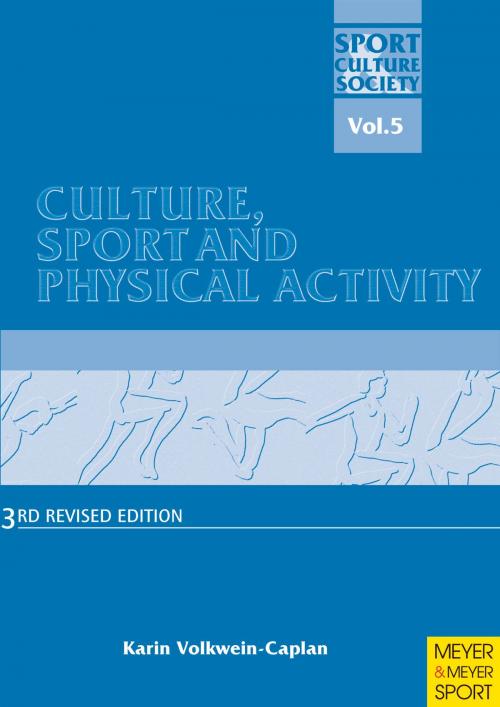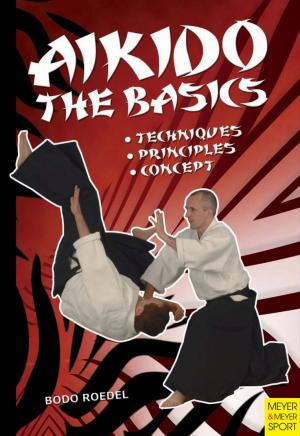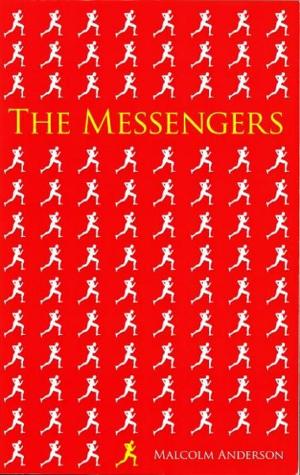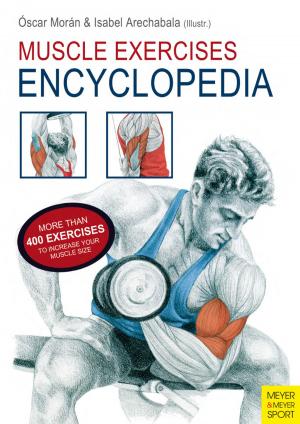| Author: | Karin Volkwein-Caplan | ISBN: | 9781782553717 |
| Publisher: | Cardinal Publishers Group | Publication: | October 1, 2014 |
| Imprint: | Meyer & Meyer Sport | Language: | English |
| Author: | Karin Volkwein-Caplan |
| ISBN: | 9781782553717 |
| Publisher: | Cardinal Publishers Group |
| Publication: | October 1, 2014 |
| Imprint: | Meyer & Meyer Sport |
| Language: | English |
SPORT FITNESS CULTURE provides an overview of the socio-cultural factors that influence sport, physical activity and fitness. An interdisciplinary theoretical background is followed by an analysis on current issues of importance. SPORT FITNESS CULTURE focuses on the influences of culture and society on human movement. The text introduces and analyzes current issues of importance whether it is in the context of teaching physical education, coordinating/ marketing sport and recreational programs, coaching or serving the general population with any form of physical activity. The book incorporates interdisciplinary, cutting-edge work reflecting various research paradigms from these theoretical perspectives: sociology, psychology, history, philosophy, anthropology, women s studies, and cultural studies. The fact that more and more people of all ages are participating in sports and physical activity means that serious attention must be paid to increasing awareness of the positive as well as the negative effects of such involvement. Indeed, sport has become a major socio-cultural factor in people s lives. However, people have very different experiences based on their cultural and socio-economic background, including gender, race/ethnicity, age, ability, as well as their sexual and religious orientations. This book will educate students at institutions of higher learning in the USA about the importance of socio-cultural as well as psychological factors influencing people s choices, opportunities, experiences, as well as limitations in the domain of human movement.
SPORT FITNESS CULTURE provides an overview of the socio-cultural factors that influence sport, physical activity and fitness. An interdisciplinary theoretical background is followed by an analysis on current issues of importance. SPORT FITNESS CULTURE focuses on the influences of culture and society on human movement. The text introduces and analyzes current issues of importance whether it is in the context of teaching physical education, coordinating/ marketing sport and recreational programs, coaching or serving the general population with any form of physical activity. The book incorporates interdisciplinary, cutting-edge work reflecting various research paradigms from these theoretical perspectives: sociology, psychology, history, philosophy, anthropology, women s studies, and cultural studies. The fact that more and more people of all ages are participating in sports and physical activity means that serious attention must be paid to increasing awareness of the positive as well as the negative effects of such involvement. Indeed, sport has become a major socio-cultural factor in people s lives. However, people have very different experiences based on their cultural and socio-economic background, including gender, race/ethnicity, age, ability, as well as their sexual and religious orientations. This book will educate students at institutions of higher learning in the USA about the importance of socio-cultural as well as psychological factors influencing people s choices, opportunities, experiences, as well as limitations in the domain of human movement.















